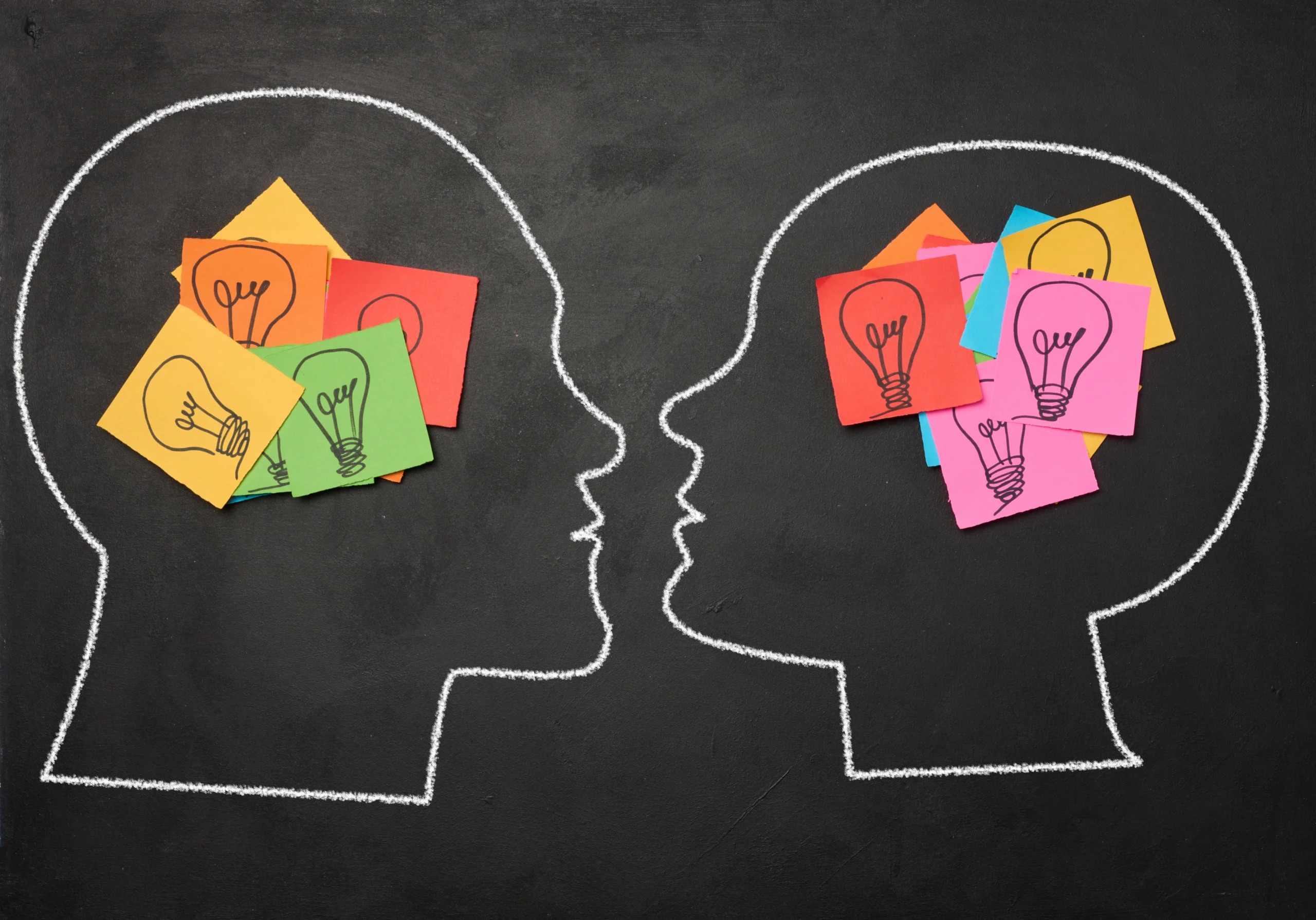In my practice as a therapist in Mumbai, I meet people who carry the heavy emotional toll of relationships with narcissistic partners, parents, or co-workers. Many people think narcissists are self-assured, focused only on themselves, and indifferent to what others think. But new studies, and what I see in my work, tell a different story.
A 2025 research report from CNN shows us something completely unheard of: Narcissists often feel more hurt by being excluded than most people do, and when they feel this way, their harmful behaviors can intensify. This is especially important to understand in India, where family ties, social expectations, and how you relate to others are deeply connected.
What Is Narcissism?

We use the word “narcissist” a lot. The term is often used for people who act proudly, think only of themselves, or always want control, but true narcissism runs deeper. NPD, or Narcissistic Personality Disorder, involves a shaky sense of identity, an intense need to be liked, and limited empathy. On the surface, they may seem self-assured, but inside, they are highly sensitive to hurt. Whenever they notice a threat, such as social rejection, they may react by using manipulation, showing anger, or withdrawing
In individual therapy or relationship counselling in India, I’ve found that narcissists usually don’t set out to hurt others; they’re simply deeply afraid of being hurt themselves.
1. Rejection Feels Like a Threat and Triggers Defensiveness
The study shows that when narcissists have the feeling of being left out, whether it’s being left out of a group or ignored entirely, they often have an adverse reaction. They might become more controlling, stop listening, or even act unkind. This isn’t because they ‘don’t care’, it’s because they care too much, but lack healthy ways to handle it
In my work as a licensed psychologist in India, I have seen this as a couples counsellor in Mumbai. A partner with these traits may respond by withdrawing or becoming angry. This isn’t because they don’t care; it’s because they experience being left out as a threat to their very sense of self. That’s why it’s so important to set healthy boundaries and speak up for yourself. These are essential skills we can develop and strengthen together in therapy.
2. Avoiding Rejection Isn’t the Solution
One common mistake people make is tiptoeing around narcissists, avoiding conflict, or never saying ‘no’ to keep the peace. While this may work in the short term, it ultimately feeds the narcissist’s fragile sense of self and creates an unhealthy pattern of dependence between both people. In therapy like family therapy, group therapy sessions in Mumbai, or premarital counseling, we learn that good bonds are about love and dependence for each other, and not the fear of making the other person unhappy. Narcissists need new ways to deal with being left out, not people who let them get away with it. This is how working with an individual therapist can truly help in making a drastic change. They can understand and look at situations that make them act out, look at their needs, and help them get stronger.
3. Healing Is Possible—With the Right Approach
Many people ask: Can narcissists change? The short answer is yes. But only if they are ready to face hard truths. Therapy is best when they really want to change. With Certified cognitive behavioral therapists in Mumbai, we often work on:
- Finding wrong thoughts (“If they do not agree with me, they hate me.”)
- Building empathy and how to rule your feelings
- Knowing why they are so hurt by being left out
The person on the other side of the relationship can benefit greatly from therapy, too. If you deal with a narcissistic parent or partner, you need help too. You can get it from depression therapy, anxiety management programs in Mumbai, or just by talking to a family therapist in Mumbai.
The Indian Context: Why It’s More Complicated Here
In India, these traits are often hidden by power, most of all in families. Things like “I’m the elder, I know best,” or “You must do what I say” are seen as normal. This way of living makes it harder for people to recognize these harmful patterns or seek help, but that is now slowly changing. With more ways to get online psychologist consultation in India, and more talk about mental health, young people are pushing back on bad family practices.
That said, narcissism is still widely misunderstood. Many believe it’s simply about being confident—especially when the person is successful at work. In reality, difficulty managing emotions, a lack of empathy, and intense reactions to criticism are key red flags. These signs should not be ignored.
Real-Time Data: Why This Matters Now
We can see that narcissism is rising all over the world. A 2023 study found that these traits are found more in younger people as compared to older people. In India, too, the constant desire for social media approval, the need to win at all costs, and the pressure to meet family expectations can create a fragile sense of self, one that appears confident on the outside but is insecure within is why this study is so important now. When we see that narcissists are vulnerable to rejection, we can take steps to help them, rather than accepting things as they are. By doing this, we can keep ourselves safe, too.
Final Thoughts: See the Wound Behind the Wall
As a psychologist in India, I remind my clients that narcissists aren’t monsters—they’re people carrying deep pain. They are often stuck in ways they do not understand. But care does not mean you give in. It is okay to set your boundaries. It is okay to walk away. And if you have narcissistic tendencies and read this, know that help is there. And it works. You do not have to push people. Can get help from PTSD treatment centers in Mumbai, top-rated OCD specialists, or experienced marriage and family therapists in Mumbai. You can only heal if you have the courage to truly look at yourself.
Practo Profile Line:Ms. Tanu Choksi is a warm and kind counselor and therapist in Mumbai. She gives calm, fair, and smart ways to solve personal problems. For more good ideas for your mind, find me on Instagram, Facebook, and LinkedIn.




